Sadly we are currently unable to continue with our Stone Age House build as a result of the site closure and government restrictions related to COVID-19. Instead for this weeks blog our Archaeologist Claire has turned her attentions to the historical and archaeological precedents of the extra-ordinary times we are living through. We hope you are all staying safe and well in these difficult times.
What do we all have in common with Henry VIII?
Not festering leg ulcers, constipation or malaria (hopefully)…..By the quirks of fate and mother nature, we find ourselves in the shoes of Henry and his country folk in contemplating life during an epidemic. Apparently Henry was so afraid of contracting what was called the ‘sweating sickness’ that he would isolate himself in his rooms, and when travelling around the country, would send his men before him to establish that towns were free of this mysterious and highly infectious disease. I can’t say I blame him. However, I also read somewhere that he had the sick thrown out of their houses in Windsor and Calais and left them to die in the fields. Not exactly champion of the people then.
Henry VIII by Hans Holbein the Younger
Until recently, there was very little in the way of treatment for most infectious diseases. Therefore people lived in fear. Sometimes people did act by social distancing, which was surprisingly logical, considering their very poor understanding of how such diseases were spread. The word quarantine stems from the Venetian’s practice of isolating travellers from ships on islands in the lagoon for, in Italian, ‘quarantino’: 40 days, to ensure they were free of plague. No less logically, but completely pointlessly, they also armed themselves with nosegays or ‘tussie-mussies’ - a small bunch of sweet smelling flowers into which you’d bury your nose, hopefully warding off the evil miasma of disease or plague. (If you fancy going a bit historical you can make your own by following this link: https://www.yac-uk.org/activity/make-a-tussy-mussy)
There have been many epidemics in human history aside from the sweating sickness that struck fear into the Tudors. Typhoid fever which struck Athens during the Peloponnesian war against Sparta, the Antonine Plague in 160 AD, to which the Emperor Marcus Aurelius is thought to have succumbed and the Black Death of 1350 to name but a few. This list goes on. In other words, COVID -19 is just one of many, many epidemics which we humans have encountered.
Portrait of Emperor Marcus Aurelius. Roman artwork of the Antonine period.
It has been suggested that most infectious diseases in humans stem from contact with animals. And the more dense the human population, the more likely we are to come into contact with animals harbouring these diseases. Leprosy, anthrax, cow pox, rabies, plague and various contagious fevers. They all jumped from animals to humans. We call diseases like these ‘zoonoses’ from the Greek zoon (animals) and nosos (sickness).
When such diseases spread to humans, there is always the small risk that if they are viral, they will mutate into a form which can be passed directly from human to human, no longer requiring the animal agent. This is what has happened with coronavirus.
But this isn’t just a result of a modern, globalised society. The transfer of infectious diseases between animals and humans goes back at least as far as the Neolithic. For example, the domestication of cattle, pigs, goats and sheep was probably where humans acquired a disease called brucellosis, caught through contact with their urine, blood or poo, and preparation of their meat for cooking. Although this one is a bacterial infection, the symptoms are kind of similar to flu (which is viral) but chronic. Rubbish if you caught it (until antibiotics were invented there was no treatment) but interesting for us as archaeologists because the effects of brucellosis can be seen in the human skeleton as bone lesions.
The current pandemic offers us a rather unwelcome window on historical plagues, something we’ve probably all pondered over with gruesome fascination at some point before it all got a bit too darn real. Now we’d rather forget about it. But here’s why we shouldn’t.
Never has the study of history and archaeology been so relevant. Knowing that we share this experience with others offers solace. Understanding that this time of fear and uncertainty will be over, just as with all other pandemics before, offers a tiny shred of consolation when it feels like 5 days shut in your house is forever. Stay strong and be kind (unlike Henry VIII).




